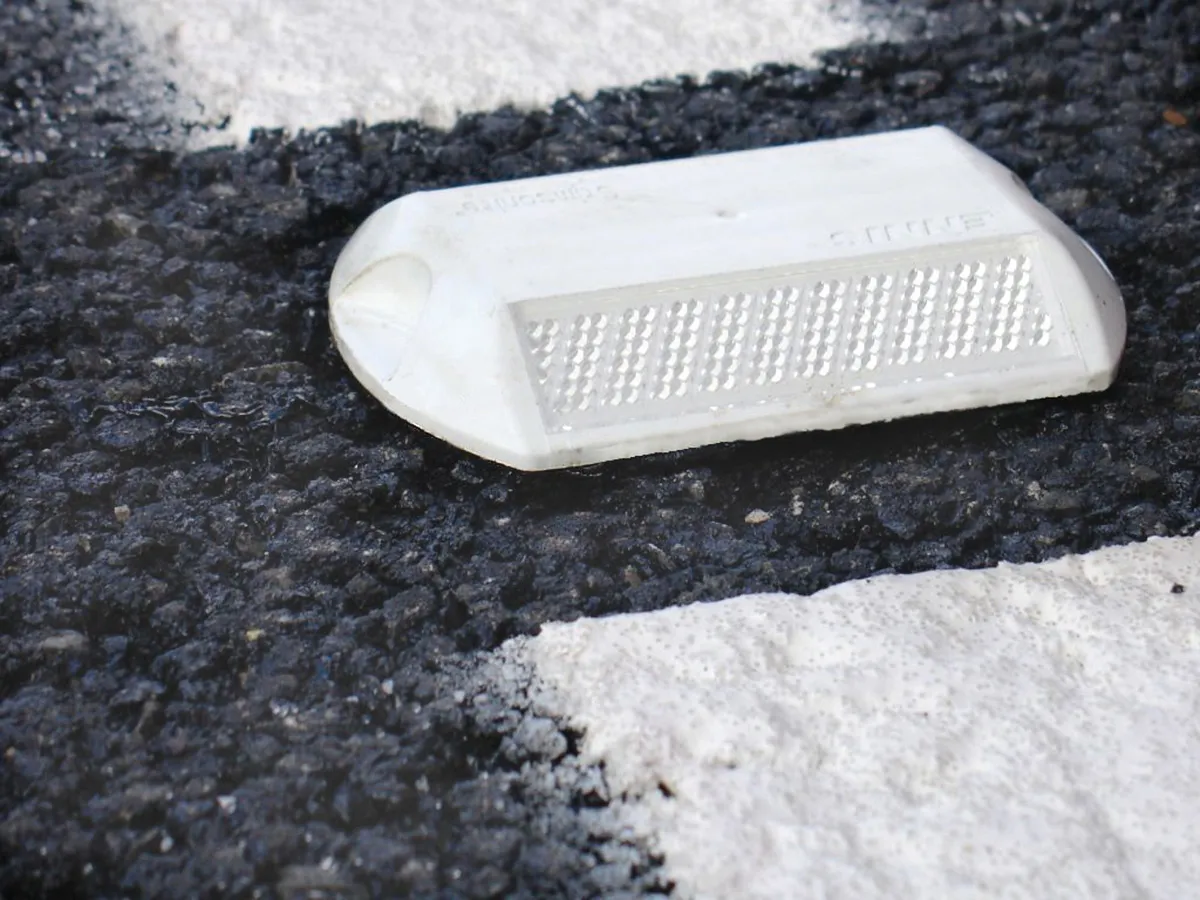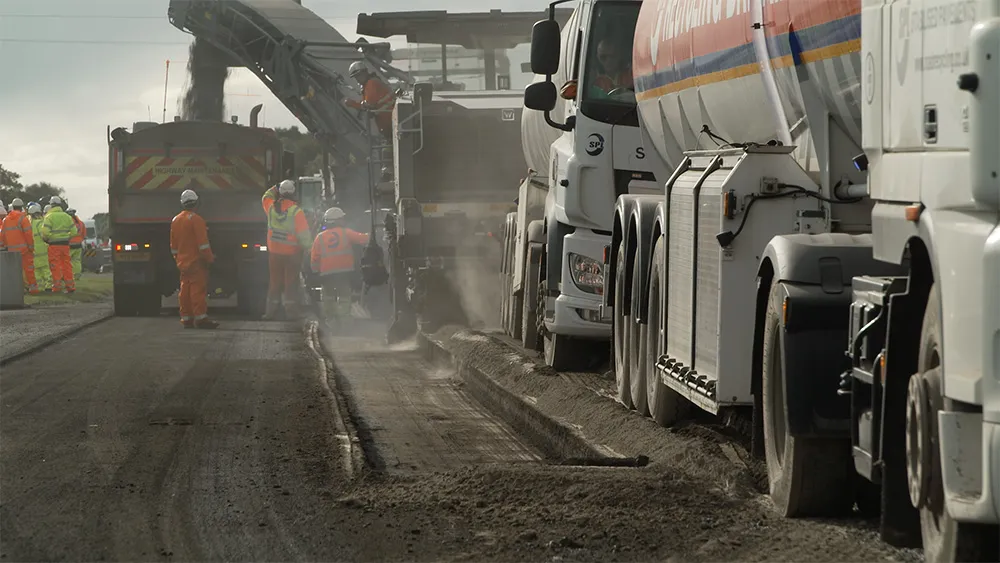Prismo Traffic Products has introduced a new moulded road stud that (in BSI British Standards road trials) is said to have exhibited a remarkable retained retro-reflectivity and 100% location retention over a one-year period. The technology behind the new product, branded Stimsonite Model 980, also designates the stud as "the highest performing reflecting road stud currently available to highway engineers."
February 23, 2012
Read time: 2 mins

The technology behind the new product, branded Stimsonite Model 980, also designates the stud as "the highest performing reflecting road stud currently available to highway engineers." In trials, Stimsonite Model 980 exhibited 409 mcd/lux of retained retro-reflectivity after one year, more than twice that required by BSEN1463 R1, which demands a minimum of 150 mcd/lux for such surface applied markers.
The new stud is provided as a system, incorporating a specifically designed polymer modified bitumen (PMB) adhesive for maximum retention and proven to perform above minimum requirements of BSEN1463 S1.
The Stimsonite stud adhesive is provided in three grades: tropical, semi-tropical and standard, to suit all climatic conditions for optimum retention. It is manufactured from extremely tough, injection-moulded, high impact resisting polymers and incorporates advanced air gap prismatic lens technology, protected by a highly abrasion resistant glass face.
"The stud's 17cm reflective area includes a 35° reflecting face that will continue functioning even if subject to damage," says Prismo. It is approved for use by the UK Highway Authorities.








